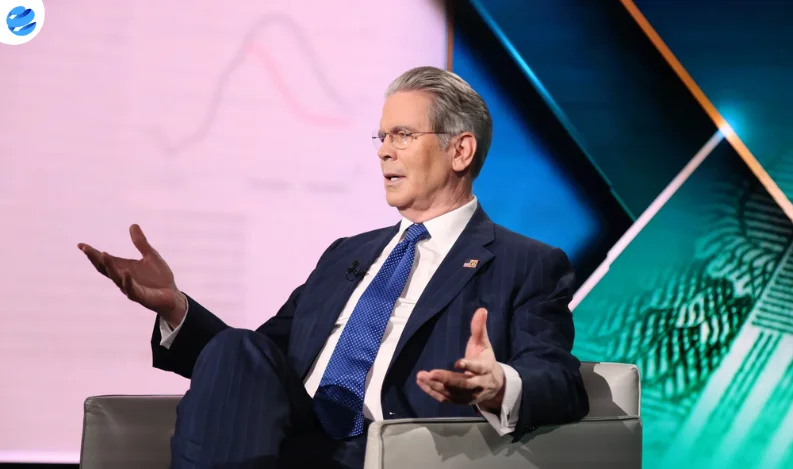U.S. Treasury Secretary Scott Bessent on Wednesday signaled that the Biden administration may extend the 90-day tariff pause for countries engaged in ongoing “good faith” trade negotiations with the United States.
Speaking before the House Ways and Means Committee, Bessent said the administration was open to adjusting the July 9 deadline for the temporary halt on reciprocal tariffs, particularly for the country’s 18 key trading partners.
“If someone is not negotiating, then we will not [extend],” Bessent told lawmakers. “But it is highly likely that for those countries or trading blocs, such as the European Union, that are negotiating in good faith, we would roll the date forward to continue good faith negotiations.”
The comments come less than a month before the end of the current tariff suspension, originally announced by former President Donald Trump on April 9. Until now, administration officials had maintained that extensions would only be considered if countries reached at least preliminary agreements.
Bessent’s remarks appear to mark a softening in that position, suggesting that progress in negotiations, even without finalized terms, could warrant additional time.
The 90-day pause had been implemented as part of the White House’s broader trade strategy aimed at reducing tensions and allowing room for diplomatic engagement. The administration is currently working toward agreements with several global partners.
So far, only two formal announcements have been made: a signed trade deal with the United Kingdom and a framework agreement with China. The latter was confirmed earlier on Wednesday, though full details remain undisclosed.
Bessent’s testimony highlights the administration’s continued focus on reshaping global trade relationships while managing domestic economic priorities. He emphasized that the goal is to “build a system of reciprocal fairness,” but noted that flexibility in timelines remains a tool to support constructive negotiation.
With the tariff pause approaching its expiration, observers expect more clarity from the White House in the coming weeks on which countries may be granted additional time, and which may face renewed trade penalties.























